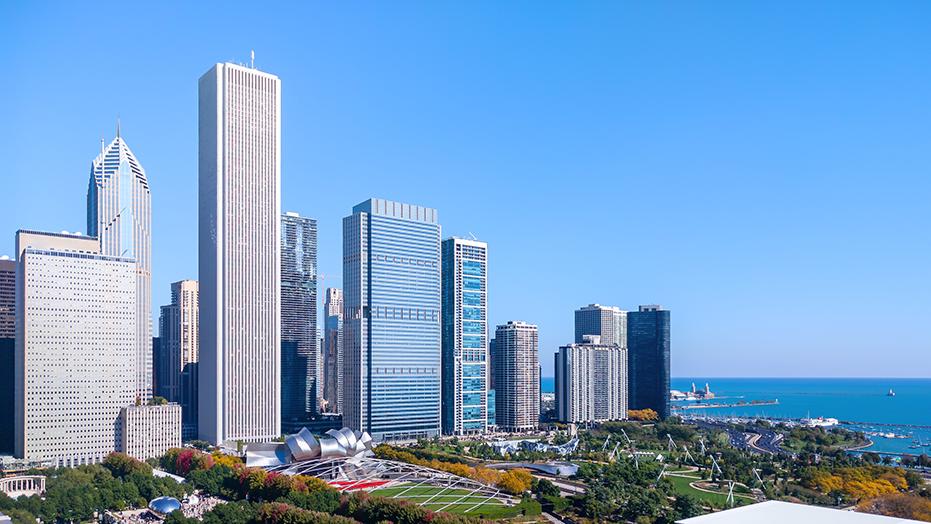Taxpayers, teachers, athletes feeling the pinch as Chicago schools remain closed
Classes are canceled again Friday after Chicago Public Schools and the teachers' union failed to end the week-long strike and the costs of the walkout are starting to become a hard reality for taxpayers and teachers.
According to Chalkbeat, a nonprofit news organization that covers education, Chicago's offer to the teachers is "a 16% cost-of-living raise over a five-year contract, with 3% in each of the first three years and 3.5% annually in the next two years." The union has countered with "a 5% annual raise in a three-year contract."
The conservative Illinois Policy Institute has crunched the numbers and figures that "the typical Chicago homeowner could see their property tax bill rise by at least $235 next year" if the City of Chicago ceded to the teachers' offer. The institute tabulates "Chicago Mayor Lori Lightfoot’s offer would only cost the typical taxpayer $13 on their property tax bill."
All in, the institute claims that the union's demands would cost Windy City taxpayers more than $1.1 billion over three years, compared with $216 million for Lightfoot’s proposal.
Still, with no end in sight, teachers and staff are starting to feel the pain in the pocketbook with no paychecks.
Unlike some other unions, CTU does not have a strike fund to partially compensate members who are on the picket lines. The American Federation of Teachers has started a "strike solidarity fund" for people who want to donate to help teachers.
But the trappings of everyday life, car loans, mortgages and groceries are becoming a challenge for many walking the picket line. Luke Staszak, a history teacher at Westinghouse College Prep High School told the Chicago Sun-Times that he’s going to look into the possibility of deferring mortgage payments under a special clause for striking workers.
“If it really came down to it, I’m sure I have family who’d help us, but I hope it doesn’t come to that,” he said.
A major economic challenge will face all 25,000 employees on strike at the end of October when the city's health insurance will expire.
Of course, students are missing out -- and not just on their education. Scholarships are at risk because they are not in school, under Illinois rules student-athletes may not be allowed to participate in upcoming state competitions in cross country, football and other sports if the strike continues.
That prompted legal action Thursday, as the parent of a sophomore cross country team member filed a request for a temporary restraining order in Cook County Court to allow the Jones College Prep team to compete in state playoffs this weekend. Kevin Sterling, who is an attorney, said some athletes had college scholarships on the line, and that the kids had become "collateral damage" in the dispute between CPS and the union.
CLICK HERE TO READ MORE ON FOX BUSINESS
The Associated Press contributed to this story




















